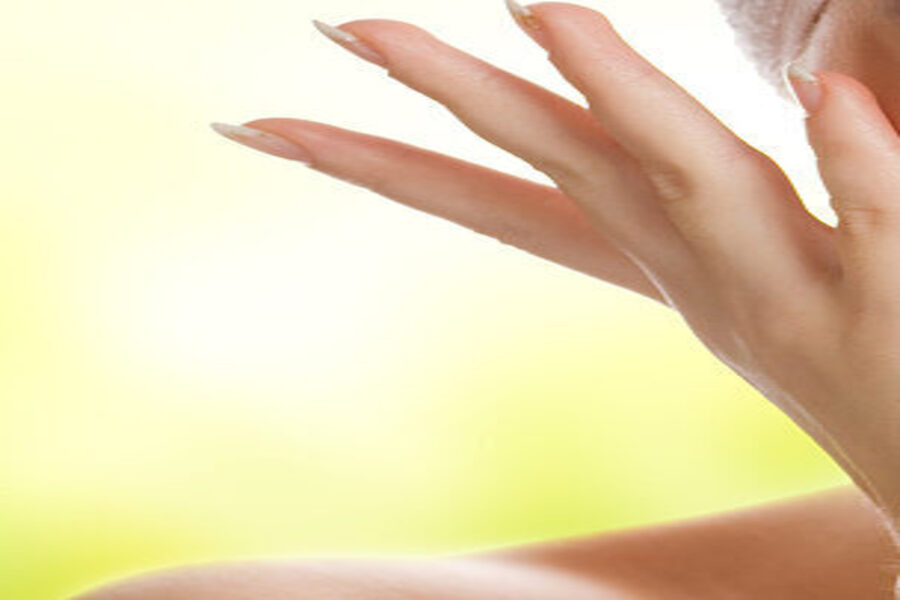Nail-biting often begins in childhood with severe consequences and can persist into maturity. Nail-biting can irritate the skin around your nails and destroy the tissue that causes nails to develop, resulting in abnormal-looking nails.
Chronic nail biting can also expose you to infection by transmitting hazardous bacteria and viruses from your mouth to your fingers and your nails to your face and lips.
Why do you bite your nails?
Before attempting to stop your nail-biting habit, it is critical to understand the causes of the practice, also known as onychophagia. Nail-biting is a form of clinical activity known as body-focused repetitive behaviors, or BFRBs, which refer to any repetitive self-grooming habits that harm the skin, hair, or nails.
However, tension, anxiety, boredom, and other emotional distress can all be environmental triggers for initiating nail-biting habits. People may participate in these actions when they feel underwhelmed, under stimulated, or bored. A subset of persons may also be working more automatically as part of a stress response.
Dermatologists offer the following strategies to help you quit chewing your nails:
- Discover your triggers
To begin, consider why you bite your nails in the first place. Keep a written record of when you feel prompted to bite to spot trends. Once the behavior’s triggers, emotions, and patterns are identified, the behavior becomes easier to modify.
- Pamper yourself with manicures
Consider getting a manicure at home or a salon. Experts believe that spending time and money to have your nails painted or adorned can help prevent nail-bitingly. Manicures also assist in establishing a protective barrier around the nail, which helps make you more conscious of when you’re biting at them. Artificial nails can injure the nail as well. If you want to keep your nails healthy, simple paint or decorative nail stickers may be better than acrylics or glued-on tips.
- Keep your nails short
Whether or not you polish your nails, keeping them short and sweet may prevent you from biting them off. The closer the nail gets to the tip of the finger, the more difficult and less appealing it is to nibble. Please proceed with caution in this situation; you must be especially careful not to bite with shorter nails to avoid biting at the skin itself, leading to infections in the area.
- Consider using gloves or a mouthguard
These act as a physical barrier to prevent nail biting and alert you when you participate in the habit without inflicting any harm. While this may be excessive for the office or other public settings, you most often bite your nails at home, while watching television, or out of boredom.
You can also take advantage of the gloves. Applying Vaseline and then gloves on top might be beneficial to the skin’s health on and around the nails. This will moisturize the skin, lock in moisture, and provide physical protection.

